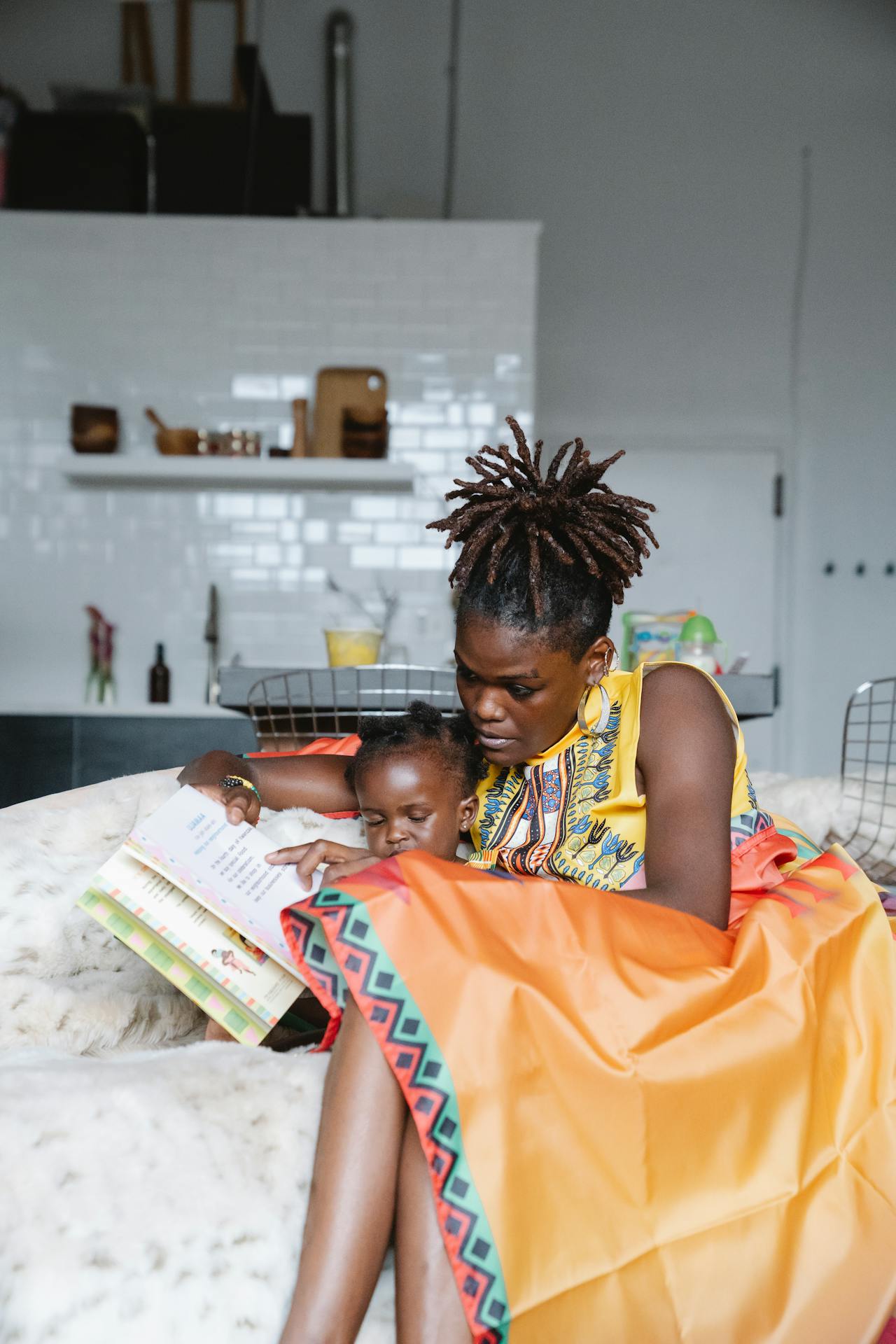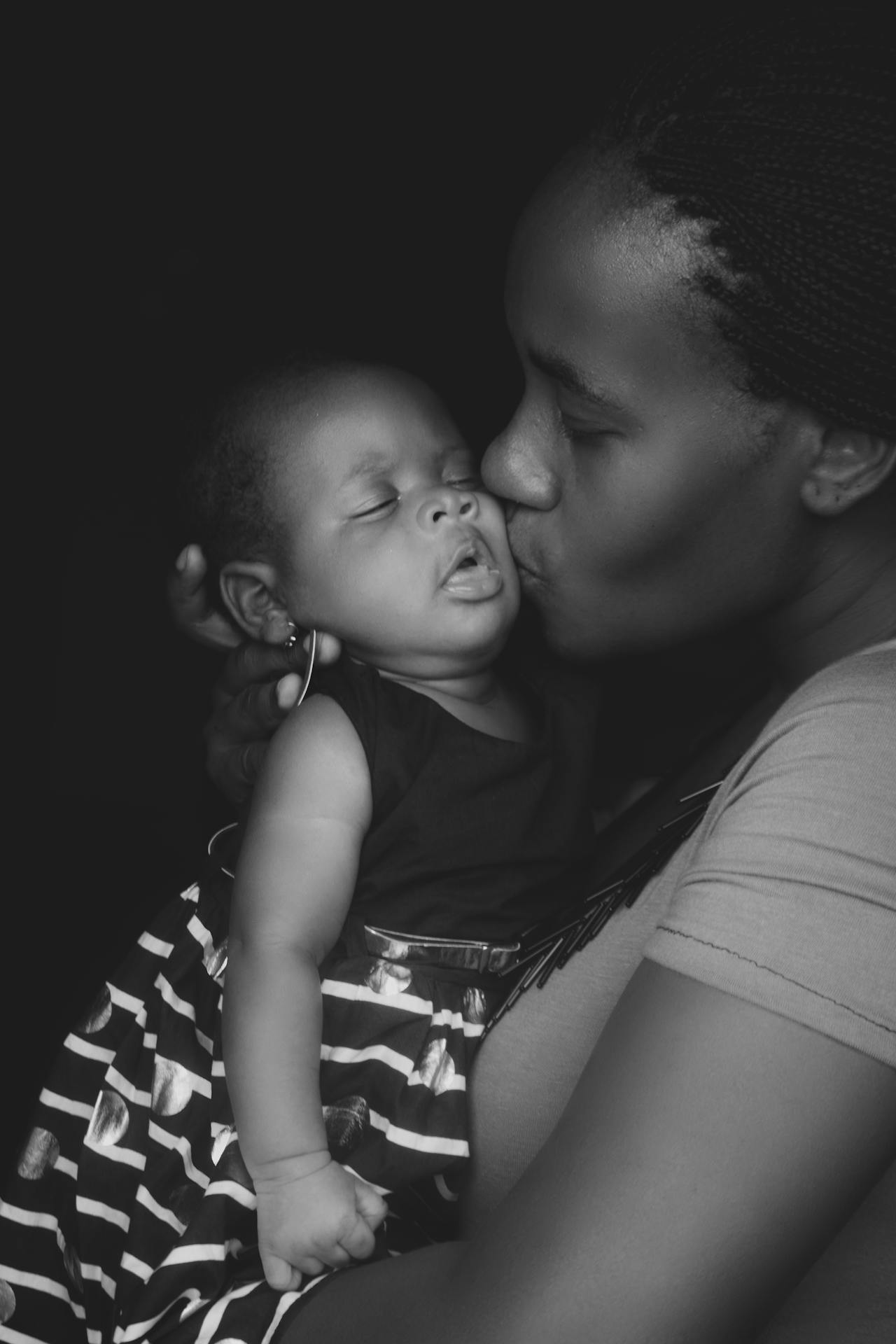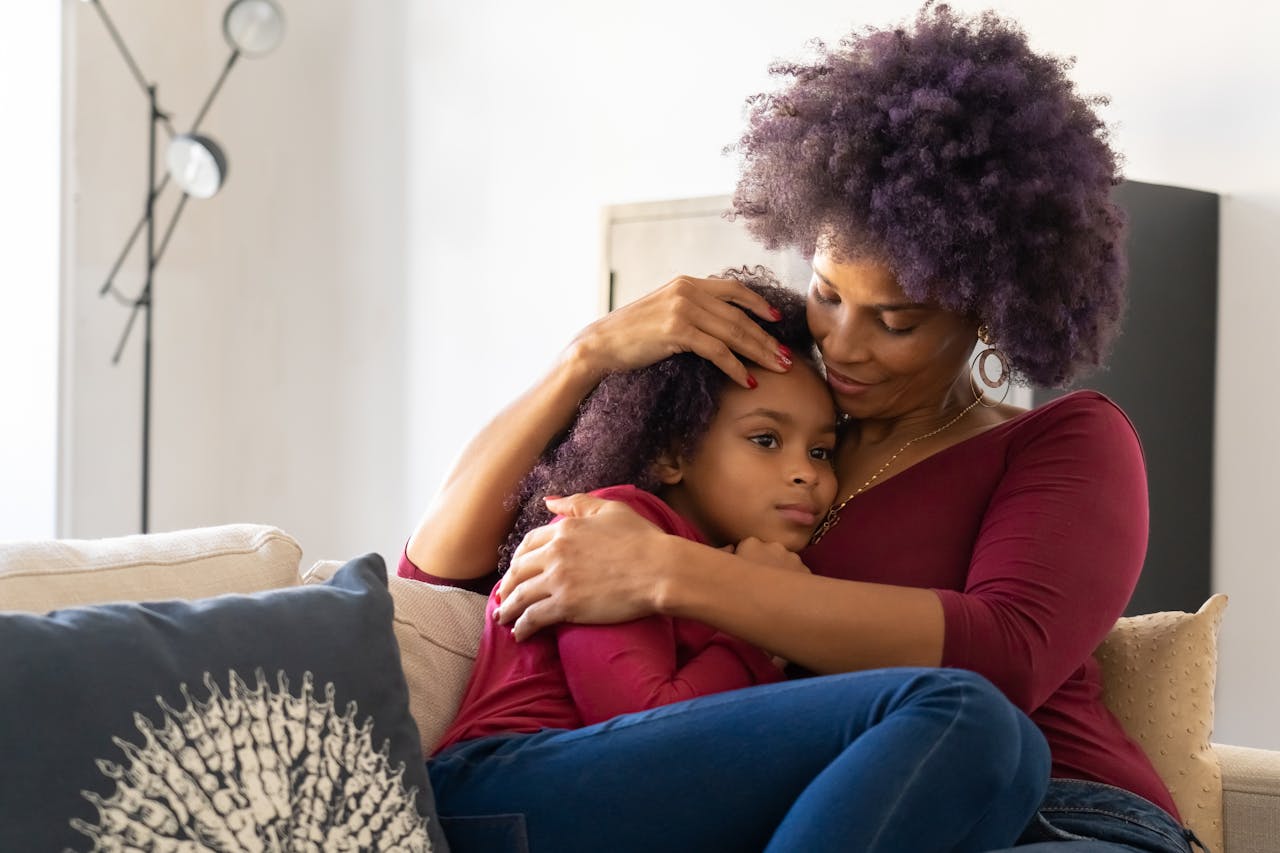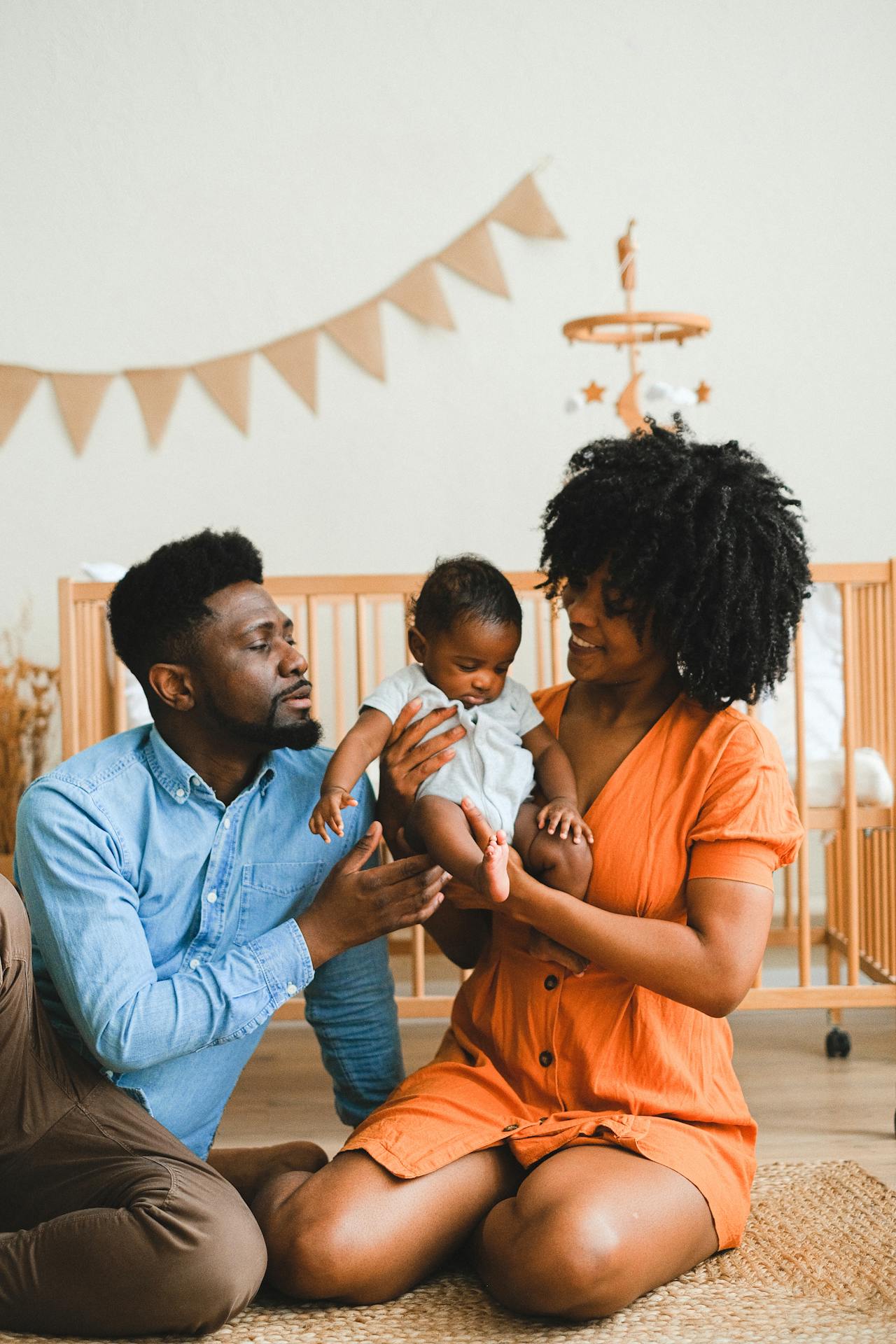THIS is the second part.
READ FIRST PART : WHAT WOULD HAPPEN TO YOUR CHILD IF YOU DIED TODAY?
As observed in the first, you can appoint a guardian for your child anytime. The appointment can be made through a Will or a deed, which is a legal document that cant be prepared by your lawyer. And where need arises for a guardian yet none was appointed by the deceased parent or parents, the court may appoint one.
The guardian will only steps in upon your death and takes over your parental responsibilities over the child.
At the very first instance, when a child has both parents and one dies, the other one becomes the automatic guardian. If the deceased parent had appointed another guardian, that other guardian joins the surviving parent in guardianship. A guardian must be a Kenyan citizen.
A guardian can be appointed to be responsible over the child or any property left behind for the child or both. In fact, a guardian who is in charge of any property left for the child or which the child is a beneficiary does not have to be in actual custody of the child.
Now, as stated, if you die and the other parent of your child is still alive, he/she automatically becomes the guardian. That is if you have not appointed another guardian for the child. If you have appointed another guardian, he joins the other parent and become joint guardians.

WHAT IF?
WHAT IF your appointee dies or refuses to become a guardian when you have already died? In that case, anyone may go to court and get an order appointing another guardian to act jointly with the surviving parent.
The law says that where a surviving parent was separated from the deceased parent before the death, anyone else may apply to court for determination as to whether the living parent is fit to act as guardian of the child.
The guardian you appoint can also appoint another person to act as guardian on his/her behalf in the event that your guardian dies. Again, the appointment of a guardian by a guardian is done in the same way through a Will or a deed.
WHAT IF, the surviving parent objects to joint guardianship with your appointed guardian? That parent may file a case in court objecting to the guardianship. Likewise, if your guardian thinks that the surviving parent is unfit to have legal custody of the child, he or she may also file a case to raise that objection.
WHAT will the court do? One, if the application is made by the surviving parent objecting the appointment of your guardian, the court may refuse to confirm your appointment and allow the surviving parent to be the sole guardian. In other words the court can overturn your appointment of a guardian and leave your child in the hands of the other parent.

THREE GUARDIANS
The court may also order that your appointed guardian shall act jointly with the surviving parent. The court may also go further and appoint another willing relative or person to join your guardian or the surviving parent of both, and become joint guardians. This means upon your death, your child can even have three joint guardians – yours, the other parent and the third one appointed by court.
In the same breath, the court can remove the surviving parent from the guardianship and order that your guardian shall be solely in charge of the child. That is when the guardian has convinced the court that the surviving parent is not fit to have custody of the child. In fact, many divorced parents or parents in an acrimonious relationships long for this arrangement.
When the court makes this kind of an order, it must clarify on who shall have the actual custody of the child and how the surviving parent and other relatives shall have access to the child. The court must also clarify how the surviving parent shall make financial provision for the maintenance of the child. What this means is that a court can remove a parent as a guardian but order that he/she provides for maintenance and upkeep of the child in the hands of another guardian.
There is an important point to note however, that where a guardian is appointed by a court as a sole guardian, he/she must be a relative of the child. The court will not appoint a stranger as sole guardian unless under exceptional circumstances.
We saw earlier that you may appoint a guardian for your child and the other parent appoints a different guardian. In that case, if you die your appointed guardian will join the other surviving parent and they become joint guardians unless their differences end up in court.
Now when the other parent dies, the two guardians appointed by the two of you will team up and become joint guardians. It will be a situation where the child is legally under two persons representing two deceased parents.
The two guardians can also disagree with each other and end up in court, and the cycle repeats itself.
TERMINATION OF GUARDIANSHIP
What happens when both parents of a child died without appointing one or individual guardians? Or where the parents can not be traced and the child has no one with parental responsibilities over him? In such cases, any person may move to court and apply to become the child’s guardian.
As we saw earlier, the appointment of a guardian can be terminated at any time by an order of the Court on application either by the surviving parent, any other appointed guardian or even that particular guardian, the child himself or herself, a relative or even any other person acting on behalf and in the best interest of the child.
The law requires that that where a Court revokes an appointment of a guardian, it must specify who then, shall have guardianship or legal custody of the child. Next, we see what responsibilities and bestowed on the guardian upon appointment.





